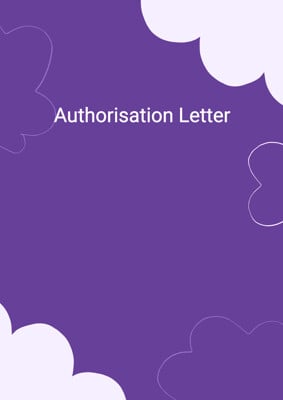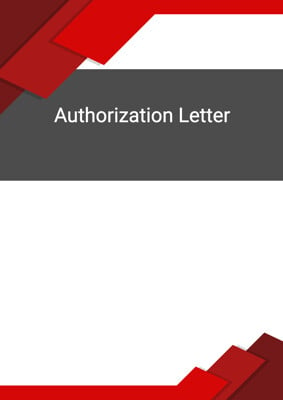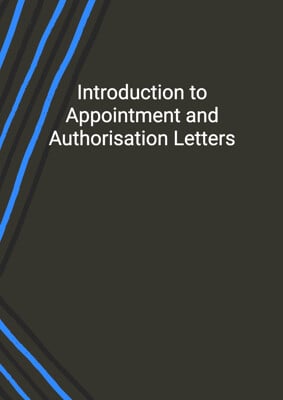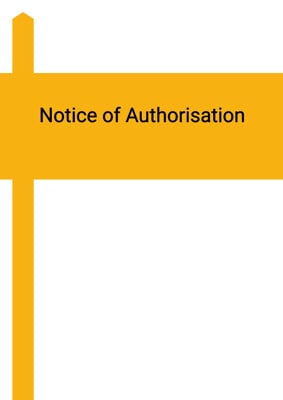How to Tailor the Document for Your Need?
01
Create Document
Click "Create Document" button and the document will be prepared with your account details automatically filled in.
02
Fill Information
Please fill in any additional information by following the step-by-step guide on the left hand side of the preview document and click the "Next" button.
03
Get Document
When you are done, click the "Get Document" button and you can download the document in Word or PDF format.
04
Review Document
Please review the document carefully and make any final modifications to ensure that the details are correct before publication / distribution.
Document Preview
Document Description
The document titled 'Introduction to Powers of Attorney' provides a comprehensive overview of powers of attorney and their significance. It begins by emphasizing the importance of the document and clarifies that it is a general summary and not legal advice. The document then proceeds to provide a detailed introduction to powers of attorney, explaining that they allow individuals or organizations to appoint someone to manage their affairs if they become unable to do so. It highlights the different types of powers of attorney, including general, special, medical, and enduring powers of attorney, and describes their specific purposes and applications.
The document also covers the duties and responsibilities of both the principal and the attorney. It explains that an attorney is entitled to assume that a power of attorney has been validly granted and outlines the principal's obligation to indemnify the attorney for any loss or expense incurred while acting under the power. The document further discusses the duties of an attorney, including the obligation to act within the scope of the power, exercise skill and diligence, keep the principal's affairs confidential, and account for any profits made.
Additionally, the document addresses important considerations such as delegation of powers, joint and several authority, capacity of the principal, restrictive construction of the power, validity requirements, termination of the power, and execution formalities. It provides guidance on how to properly execute a power of attorney, including the need for witnesses and the use of seals for individual powers of attorney and the requirements for execution by companies.
Overall, this document serves as a comprehensive guide to understanding powers of attorney, their various types, and the legal implications and responsibilities associated with them. It is a valuable resource for individuals and organizations seeking to appoint or act as attorneys under powers of attorney.
How to use this document?
1. Understand the purpose: Powers of attorney are legal documents that allow individuals or organizations to appoint someone to manage their affairs if they become unable to do so. It is important to understand the purpose and significance of powers of attorney.
2. Determine the type of power of attorney needed: There are different types of powers of attorney, including general, special, medical, and enduring powers of attorney. Assess the specific needs and circumstances to determine the most appropriate type of power of attorney.
3. Consult with legal professionals: Powers of attorney can vary based on jurisdiction and specific requirements. It is advisable to consult with local lawyers to ensure compliance with relevant laws and regulations.
4. Execute the power of attorney as a deed: Powers of attorney must be executed as a deed to be valid. This typically involves signing the document in the presence of witnesses or in accordance with local legal requirements.
5. Clearly define the attorney's authority: The power of attorney should clearly outline the scope of the attorney's authority. This includes specifying the powers granted, any limitations or restrictions, and any conditions for the exercise of those powers.
6. Understand the duties and responsibilities: Both the principal and the attorney have specific duties and responsibilities. It is important to understand these obligations, including the duty to act within the scope of the power, exercise skill and diligence, maintain confidentiality, and account for any profits made.
7. Consider the termination and revocability of the power: Powers of attorney can be revocable or irrevocable, and they may have specific termination conditions. It is crucial to understand the implications of revocation and termination.
8. Seek legal advice for complex or specific situations: Powers of attorney can involve complex legal considerations, especially in certain situations such as cross-border transactions or specific areas of law. In such cases, it is advisable to seek specialized legal advice.
9. Keep the power of attorney in a safe place: Once executed, the power of attorney should be kept in a secure location. Inform relevant parties, such as family members or trusted individuals, about the existence and location of the document.
10. Regularly review and update the power of attorney: Powers of attorney should be reviewed periodically to ensure they reflect the current wishes and circumstances of the principal. It may be necessary to update or revoke the power of attorney if there are any changes in personal or legal circumstances.
11. Comply with local laws and regulations: Powers of attorney are subject to local laws and regulations. It is essential to comply with the specific requirements of the jurisdiction in which the power of attorney will be used or enforced.
Not the right document?
Don’t worry, we have thousands of documents for you to choose from:
























